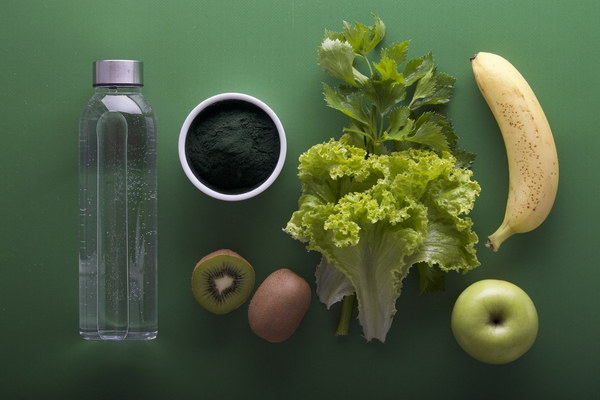Is Chrysanthemum Effective in Removing Dampness Exploring the Health Benefits of this Ancient Herb
In traditional Chinese medicine, the concept of dampness is considered a major cause of various health issues. Dampness is believed to be a result of an imbalance in the body's Yin and Yang, leading to symptoms such as fatigue, weight gain, and poor digestion. One of the most popular herbs used to combat dampness is chrysanthemum. But does chrysanthemum actually work in removing dampness? Let's delve into this topic and explore the health benefits of this ancient herb.
Chrysanthemum, also known as ju hua in Chinese, is a popular flower that has been used in traditional Chinese medicine for centuries. It is believed to have a cooling effect on the body, which helps to eliminate dampness and improve overall health. Here are some of the reasons why chrysanthemum is considered effective in removing dampness:
1. Cooling properties: Chrysanthemum has cooling properties that help to reduce internal heat and dampness in the body. This is particularly beneficial for individuals who suffer from excess heat or dampness-related symptoms such as acne, eczema, or body odor.
2. Enhances digestion: Dampness can lead to poor digestion, which can result in bloating, constipation, or diarrhea. Chrysanthemum has been found to improve digestion by promoting the secretion of digestive juices and enhancing the breakdown of food.
3. Detoxifies the liver: The liver plays a crucial role in removing toxins from the body. Chrysanthemum has been used to support liver function and promote detoxification, which can help to eliminate dampness.
4. Lowers blood pressure: High blood pressure can be a result of dampness and heat in the body. Chrysanthemum has been found to have a hypotensive effect, which can help to lower blood pressure and improve cardiovascular health.
5. Anti-inflammatory properties: Inflammation is often associated with dampness. Chrysanthemum has anti-inflammatory properties that can help to reduce inflammation and alleviate symptoms such as joint pain, swelling, and redness.
To incorporate chrysanthemum into your daily routine, you can try the following:
1. Chrysanthemum tea: Boil a handful of dried chrysanthemum flowers in water for 5-10 minutes. Strain the tea and enjoy it hot or cold. You can also add honey or lemon for added flavor.
2. Chrysanthemum soup: Combine chrysanthemum with other herbs and ingredients such as goji berries, ginseng, and pork to create a nourishing soup that helps to eliminate dampness.

3. Chrysanthemum facial mask: grind dried chrysanthemum flowers into a fine powder and mix it with honey or yogurt to create a facial mask. Apply the mask to your face for 20 minutes, then rinse off with warm water.
While chrysanthemum is generally considered safe for most individuals, there are a few precautions to keep in mind:
1. Do not consume chrysanthemum if you have a cold or flu, as it may exacerbate symptoms.
2. Pregnant women should consult their healthcare provider before using chrysanthemum, as it may have certain side effects.
3. Chrysanthemum may interact with certain medications, so it's important to check with your doctor if you are taking any prescription drugs.
In conclusion, chrysanthemum has been used in traditional Chinese medicine for centuries to remove dampness and improve overall health. Its cooling properties, ability to enhance digestion, and anti-inflammatory effects make it a valuable herb for those looking to combat dampness-related symptoms. However, as with any supplement or herbal remedy, it's important to consult with a healthcare provider before incorporating chrysanthemum into your daily routine.









